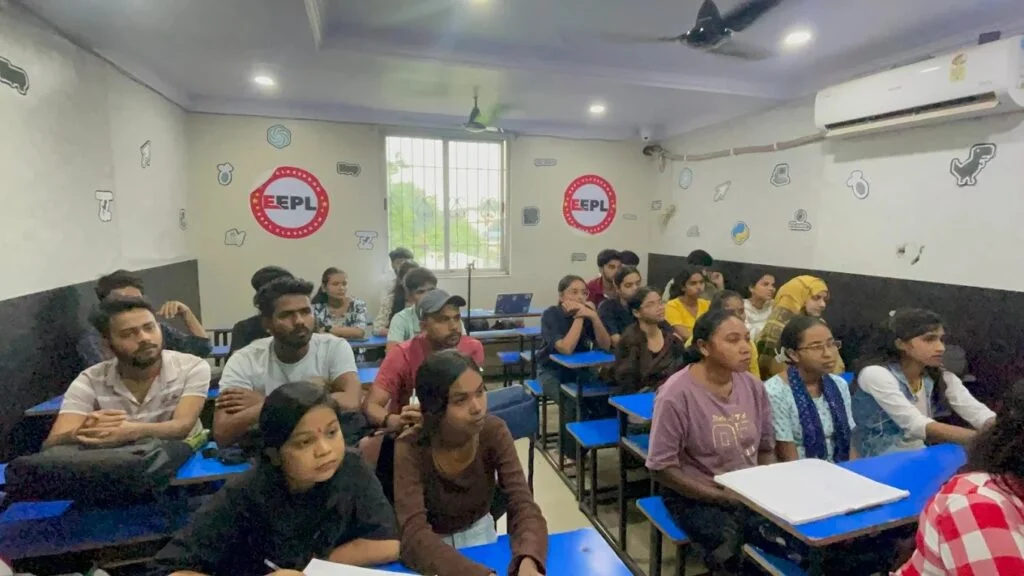1. Introduction to Smart Studying (10 min)
📌 Why Do We Need Smart Study Techniques?
- Studying hard vs. studying smart.
- Avoiding last-minute cramming.
- Learning how to study efficiently.
📌 Discussion Question:
- “What is your current study routine?”
- “What challenges do you face while studying?”
2. Effective Study Techniques (25 min)
📌 1. Active Recall (Best for Memorization)
- Instead of re-reading notes, write down what you remember.
- Use flashcards or self-quizzing.
📌 2. Pomodoro Technique (Best for Focus & Productivity)
- Study for 25 minutes, then take a 5-minute break.
- Repeat 4 times, then take a longer break (15-30 min).
📌 3. The Feynman Technique (Best for Understanding Concepts)
- Teach the concept to a friend in simple words.
- If you can’t explain it simply, you need to revise it.
📌 4. The 80/20 Rule (Best for Prioritization)
- 80% of exam questions come from 20% of important topics.
- Identify key topics and focus more on them.
📌 5. Mind Mapping (Best for Complex Topics)
- Create visual diagrams to connect ideas.
- Helps with subjects like Science, History, and Literature.
📌 Activity: Quick Self-Test Using Active Recall
- Students close books and write down key points from memory.
3. Time Management & Study Schedules (20 min)
📌 Creating an Effective Study Plan
- Set specific time slots for each subject.
- Study difficult subjects when your energy is highest.
📌 The 2-Minute Rule for Overcoming Procrastination
- If a task takes less than 2 minutes, do it immediately.
- Helps to start studying without overthinking.
📌 Avoiding Multitasking
- Focus on one subject at a time for better concentration.
- Use “Do Not Disturb” mode on phones.
📌 Activity: Make a Weekly Study Timetable
- Students create a study schedule based on their personal routine.
4. Note-Taking Strategies (15 min)
📌 Cornell Method (Best for Revision)
- Divide your page into three sections:
- Notes Section: Main points from class.
- Keywords Section: Important terms.
- Summary Section: Short explanation in your own words.
📌 Color-Coding Notes (Best for Organization)
- Use different colors for headings, definitions, and examples.
📌 Digital vs. Handwritten Notes
- Handwriting improves memory retention.
- Digital notes are great for quick searching.
📌 Activity: Summarize Today’s Lesson Using the Cornell Method

5. Improving Focus & Avoiding Distractions (15 min)
📌 1. Setting Up a Distraction-Free Study Space
- Find a quiet place with good lighting.
- Keep only essential study materials.
📌 2. Music for Concentration
- Instrumental music or white noise helps focus.
- Avoid songs with lyrics (they distract the brain).
📌 3. Reducing Phone Usage
- Use apps like “Forest” to block distractions.
- Set screen time limits for social media.
📌 Activity: 5-Minute Focus Challenge
- Students try to study without distractions for 5 minutes.
6. Exam Preparation & Last-Minute Study Hacks (20 min)
📌 1. Practicing Past Papers
- Solve previous years’ question papers to understand patterns.
📌 2. Using Mnemonics & Acronyms
- Example: “VIBGYOR” for rainbow colors.
- Helps in memorizing long sequences.
📌 3. Studying at the Best Time
- Morning: Best for difficult subjects.
- Night: Best for revision and light reading.
📌 4. Quick Revision Techniques
- Revise key formulas and concepts before sleeping.
- Use sticky notes for important reminders.
📌 Activity: Solve a 5-Minute Mock Quiz from a Past Paper
7. Healthy Habits for Better Studying (15 min)
📌 1. Exercise & Brain Boosting Foods
- Exercise improves memory and focus.
- Eat nuts, fruits, and protein-rich food for brain health.
📌 2. Sleep & Memory Retention
- Avoid studying late at night before an exam.
- Aim for 7-9 hours of sleep to improve recall.
📌 3. Stay Hydrated
- Drink plenty of water to keep the brain active.
📌 Activity: Quick Brain-Boosting Stretching Exercise
8. Conclusion & Takeaways (10 min)
📌 Recap of Smart Study Hacks:
- Use Active Recall and the Pomodoro Technique.
- Avoid distractions and practice time management.
- Take smart notes and revise efficiently.
📌 Final Thought:
“It’s not about studying more, it’s about studying smarter!”
📌 Homework:
- Apply one study hack from today’s lesson and share your experience in the next class.
For More Information and Updates, Connect With Us*
- Name: Survi
- Phone Number: +91-7488713635
- Email ID: survi@eepl.me
- Our Platforms:
- Digilearn Cloud
- EEPL Test
- Live Emancipation
- Follow Us on Social Media:
- Instagram – EEPL Classroom
- Facebook – EEPL Classroom
- https://eepl.me/classes/index.php/blog/
Stay connected and keep learning with EEPL Classroom!











